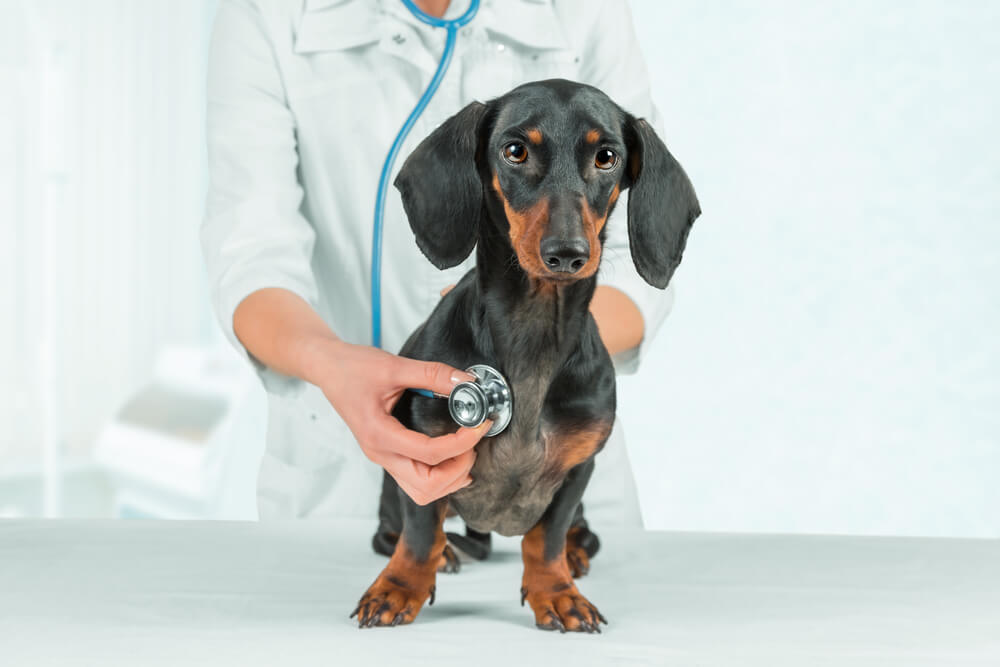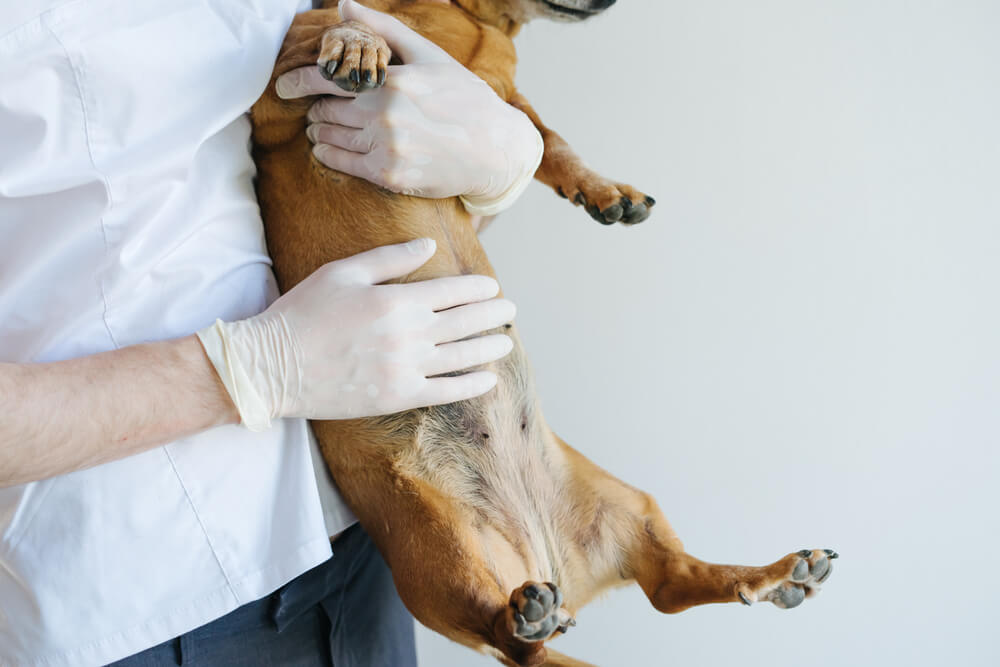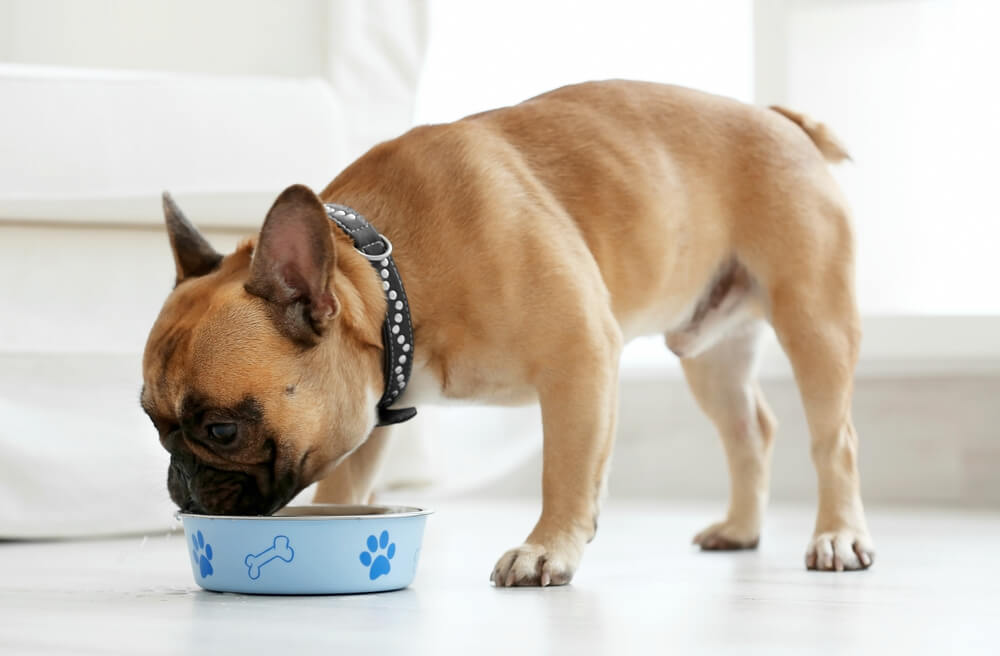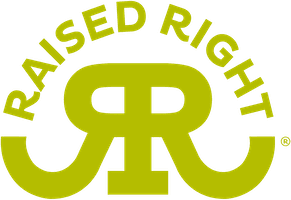
No one wants their dog to be having little accidents or feeling unwell, but there’s more to poor gut health in dogs than unpleasant bodily fluids! Just like in humans, a dog’s gut plays an important role in keeping them healthy. So, how do you know if your dog’s guts are healthy? Let’s find out how you can spot the signs of poor gut health in dogs.
Why is the gut important in dogs?
Your dog’s guts are important for fluid regulation and keeping your dog hydrated, as well as absorbing nutrients and removing waste. However, one lesser-known but crucial role of your dog’s intestine is immunity. The lining of your dog’s gut is a first-line defense against bacteria, viruses, and other pathogens, and the balance of good bacteria (known as the microbiome) adds another layer to this defensive barrier. Any disruption to the microflora in your dog’s gut, or damage to the gut lining, can allow bugs to enter your dog’s system and could make them unwell.
What causes poor gut health in dogs?
Poor gut health can be caused by a whole host of things including food allergies and sensitivities, poor diet, stress, inflammation, parasites, infections, or certain medications. Here’s an article we wrote on the best food for dogs with allergies. But how do you spot the signs that your canine companion’s gut is out of whack?
What are the signs of poor gut health in dogs?

If the balance of the gut flora is altered, you might notice your dog passing wind more often, and it might be smellier than normal.
The most important thing to look out for when assessing your dog’s gut health is a change in your dog’s normal habits, from the appearance of their poop to the smell or frequency of stools. If your dog has poor gut health, their poop may move more quickly or slowly through their guts. This disruption could lead to some of the following symptoms:
Diarrhea
When gut contents move too quickly due to increased peristalsis, there’s no time for excess fluid to be absorbed. This commonly causes diarrhea, and if there is an underlying reason like infection or inflammation, you might notice blood in the stools too.
Constipation
On the other hand, if the gut movement slows down, this can lead to constipation. Because the fecal material spends extra time in the colon there’s plenty of time for water absorption, making constipation worse. If your dog has constipation, you might notice them straining, and the poop they manage to pass may be dry and firm.
Gas
Normal bacteria in your dog’s intestine will produce some gas. However, if the balance of the gut flora is altered, you might notice your dog passing wind more often, and it might be smellier than normal.
Borborygmi (noisy guts)
Have you ever heard your dog’s stomach or guts gurgling or rumbling? This is known as borborygmi and is related to increased gut movement, diarrhea, or gas. In some cases, your dog might seem uncomfortable, and they might go off their food a little.
Bloating

Dogs with poor gut health may seem slightly bloated and uncomfortable due to gas and flatulence.
Dogs with poor gut health may seem slightly bloated and uncomfortable due to gas and flatulence. However, if the bloating is unusual or particularly obvious, or if your dog seems unwell, it’s best to get them checked by a veterinarian in case it’s something more serious.
Change in feces
It’s important to get to know what’s normal when it comes to your dog’s poop and here’s a dog poop chart that can help with this. Once you know what’s normal for your dog, you can easily spot when there’s a change in the appearance or smell.
Reduced appetite
If your dog’s guts are out of sorts, they may go off their food a little, especially if they’re not passing feces as often as they normally would. However, the opposite change in appetite is also possible – if your dog’s poor gut health is preventing them from absorbing the nutrients and energy they need, they may seem hungry all the time and rarely satisfied.
How can you improve your dog’s poor gut health?

Dietary fiber is really important in maintaining a dog’s gut health, along with eliminating any ingredients that could be causing digestive issues so look for a limited ingredient dog food that contains plenty of fiber.
If your dog has poor gut health, it’s a good idea to get them checked out by a veterinarian to rule out causes like parasites, infection, or even something more sinister.
However, if you’re vet suggests a dietary cause, or if your dog’s symptoms are relatively mild, it could be worth considering a change of dog food. Diets that are over-processed with lots of unnecessary filler ingredients and preservatives can aggravate your dog’s stomach, especially if they suffer from food allergies.
Dietary fiber is really important in maintaining a dog’s gut health, along with eliminating any ingredients that could be causing digestive issues so look for a limited ingredient dog food that contains plenty of fiber. You might also want to speak to your veterinarian about the potential benefits of probiotics, although not all probiotics are proven to be useful once they make it through the digestion process in your dog’s stomach.
Summary
There are lots of signs of poor gut health in dogs that you might just put down to being ‘one of those things’. But if your dog regularly suffers from loose stools, gas, or inconsistent poop appearance or frequency, it could be an indication that their guts aren’t as healthy as they could be. Since a dog’s gut is a barrier to infection, it’s crucial to keep it as healthy as possible.
FAQ
How do I know if my dog has poor gut health?
If your dog has poor gut health you might notice diarrhea, gas, changes in appetite, or changes in their feces. If you spot signs that your dog isn’t quite right, speak to your veterinarian.
How do you fix a dog’s gut?
A dog’s gut is an important part of their immune system and helps to keep infections at bay. If you want to keep their gut as healthy as possible you should make sure you feed a complete & balanced dog food with plenty of fiber. A limited ingredient diet could also help reduce gut inflammation and allergy flares.
How do you test a dog’s gut health?
There are many microbiome tests that check a dog’s feces for genetic material correlating with various bacteria. This can give an overview of your dog’s gut health and whether the balance of the gut flora is correct. Speak to your veterinarian if you think that these tests could benefit your dog.
What are the symptoms of gut bacteria in dogs?
Your dog needs bacteria in their gut to help with digestion and protect them from infection. However, these bacteria, known as the microbiome, should be present in the right amounts. If your dog’s gut bacteria are imbalanced or depleted, they may develop diarrhea, flatulence, or changes in defecation habits.



